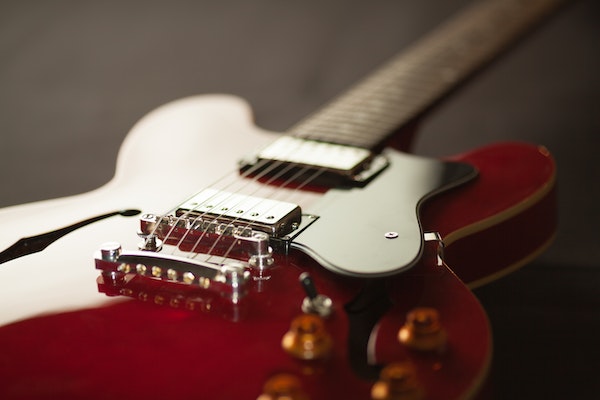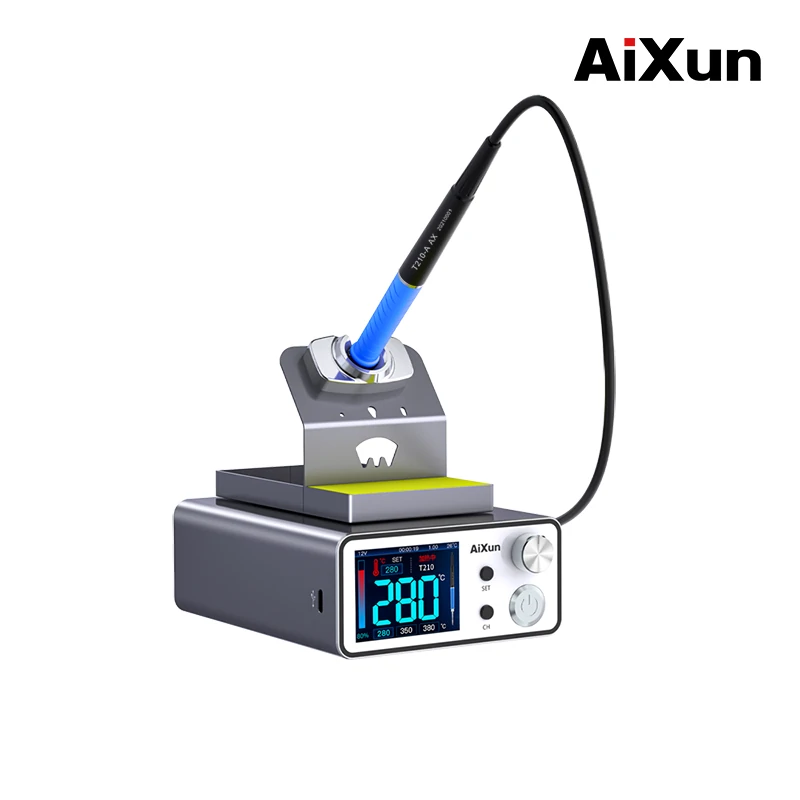
Imagine you're in a recording studio, fine-tuning your audio equipment, or you're on stage, relying on your trusty guitar. These scenarios require impeccable sound quality and reliability, and that's where soldering enters the picture. Soldering is the process of joining electrical components together using a molten alloy, ensuring seamless connections and minimal signal loss. To achieve this level of precision, you need the right tools, and a soldering station is your go-to instrument. You won't need to visit a technician for jack repairs, pot replacements, or pickup swaps for your guitars ever again.
When it comes to working on guitar electronics, precision soldering is paramount. But which soldering iron should you use, and how hot should it be? In this article, we'll address your burning questions and provide expert insights on soldering station for guitar electronics.

Technically, you can, but it's not advisable. Guitars, with their intricate electronics, require finesse. It's best to choose a soldering iron tailored for electronics work. They offer precision and control crucial for delicate guitar components.
Absolutely! Soldering stations are like the Swiss Army knives of soldering tools. They provide temperature control, ensuring you can work at the precise heat levels needed for guitar components. Whether it's tweaking pickups or customizing your rig, a soldering station is your trusted companion.
For guitar electronics, a temperature-controlled soldering station is the way to go. These soldering irons let you set the temperature to match your solder and components precisely. To add to your versatility, opt for a soldering station with interchangeable tips.
When it comes to the best soldering station for guitar work, look for one that offers temperature control, precision, and versatility. Brands like AiXun is tried-and-true favorites among professionals and hobbyists. Aim for a soldering station with a temperature range of 100-400°C (212-752°F) for effective guitar electronics soldering.

The sweet spot for soldering guitar electronics typically falls between 315-350°C (600-662°F). This temperature range ensures proper solder flow without the risk of component damage. Always adhere to solder manufacturer guidelines and specific project instructions to nail the perfect temperature.
your soldering adventures in the world of audio and guitar electronics require the right tools and knowledge. Now that your questions are answered, you're armed and ready to conquer any soldering task with confidence and precision. So, let the music play and the solder flow!
 WhatsApp
WhatsApp